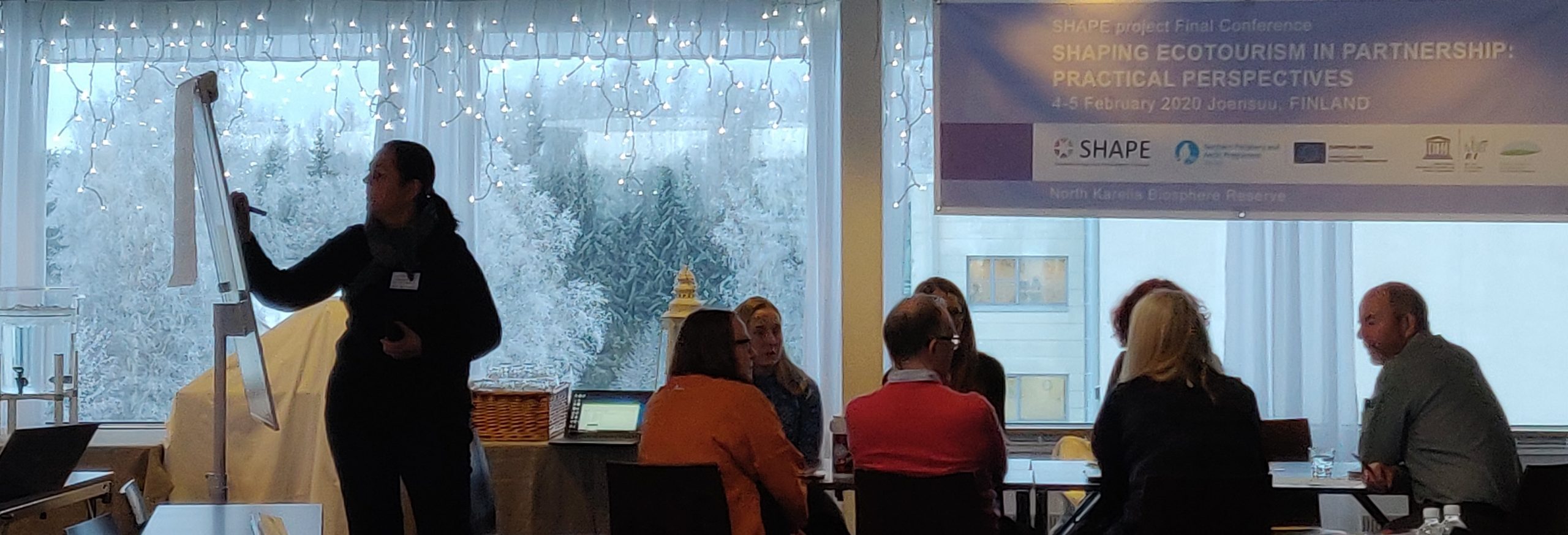Governance Decision-Making Tool
Organisational structure
Do we have the necessary people, skills and knowledge within our area to ensure its effective governance?
Alongside paid staff who deal with the operational aspects of a managing a designated area, a board or “steering group” will usually play a significant role in the governance of any SHA. These are usually a group of volunteers representing specific types of organisations, and among them, will usually have a number of key skills required for the successful governance of an organisation. Governance of any SHA will require people with knowledge of funding sources and the relevant “networks” within the area or nationally, the skills to recruit staff, and perhaps more specialist skills such as ecological knowledge and/or knowledge of community or business development. It is also very beneficial for at least some board members to have previous experience of having served on boards or steering groups. The key consideration, then, is: Will there be a sufficient pool of volunteers in the area from which to draw the governance structure, and will they have the necessary knowledge and skills to ensure its effective governance?
An organisation based in a city may have little difficulty finding board members with the necessary skills, but areas such as Geoparks, Biosphere Reserves and Regional Parks are often sparsely populated, leaving a much smaller pool of residents from which to draw these skills. Added to this, people may already be busy with existing voluntary commitments within other organisations in the area, thus lowering the available volunteer resource even further. This may have implications for the recruitment criteria for board members.
At the time of the SHAPE project, staff and directors of one designated area were considering opening up membership to people with particular expertise, but who lived outside the area. They reported that among a population of just 2,000 within the area, it was becoming challenging to find the necessary expertise. The starting point for board recruitment, they felt, start with the question of “what skills are needed for the Board?”, not simply “who is willing to be on it?”
Representatives from another rural (but more populated) area within SHAPE, however, reported having significant numbers of retired professionals among their population, who often had the necessary time and skills to be part of organisational boards.


